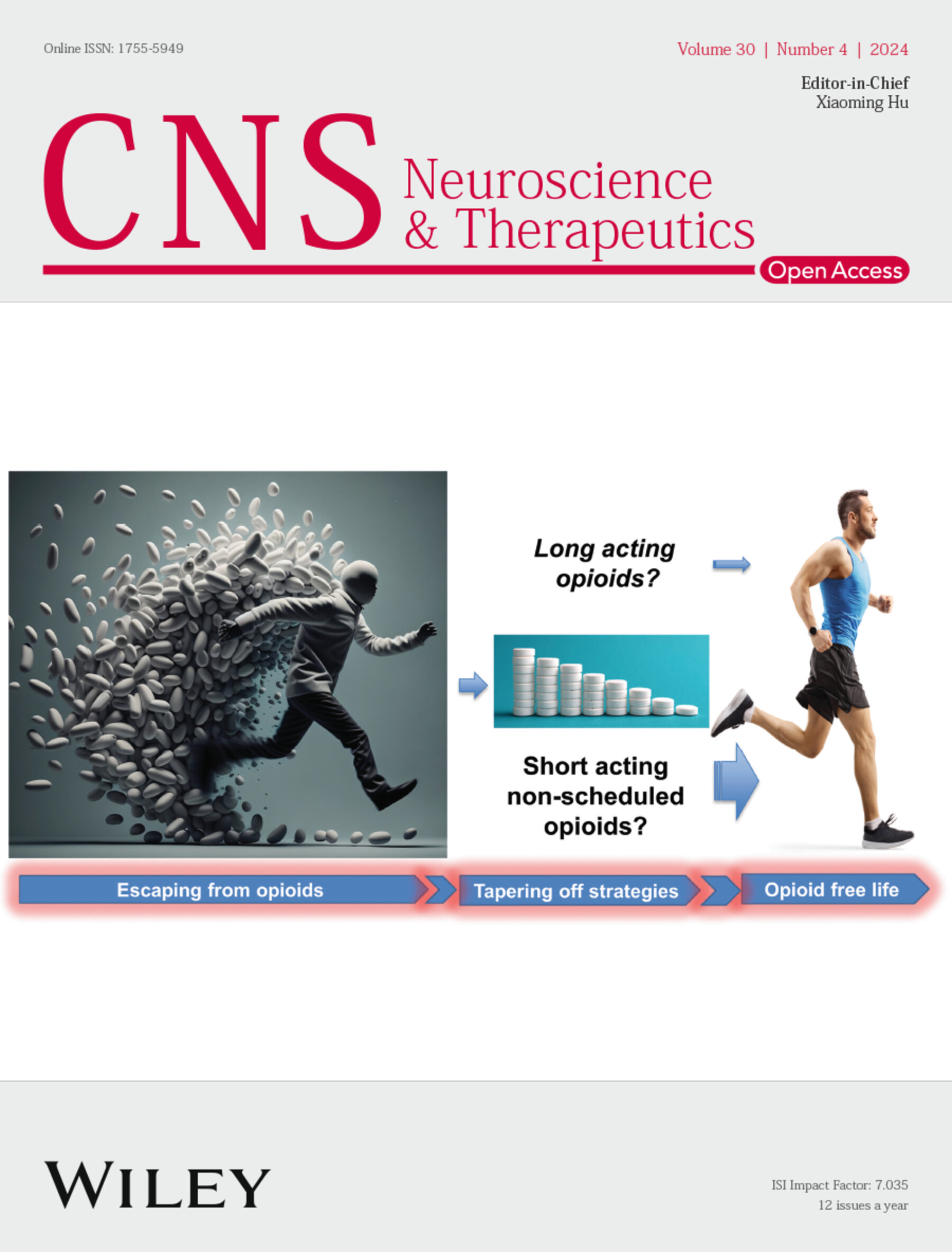Cognitive Remediation in Patients With Bipolar Disorder: A Randomized Trial by Sequential tDCS and Navigated rTMS Targeting the Primary Visual Cortex
Abstract
Background
Non-invasive brain stimulation (NIBS), such as transcranial direct current stimulation (tDCS) and repetitive transcranial magnetic stimulation (rTMS), has emerged as a promising alternative in the precise treatment of clinical symptoms, such as the cognitive impairment of bipolar disorder (BD). Optimizing the neurocognitive effects by combining tDCS and rTMS to strengthen the clinical outcome is a challenging research issue.
Objective
In this randomized, controlled trial, we first combined tDCS and neuronavigated rTMS targeting the V1 region to explore the efficacy on neurocognitive function in BD patients with depressive episodes.
Methods
Eligible individuals (n = 105) were assigned into three groups, Group A (active tDCS-active rTMS), Group B (sham tDCS-active rTMS), and Group C (active tDCS-sham rTMS). All participants received 3-week treatment in which every participant received 15 sessions of stimulation through the study, 5 sessions every week, with tDCS treatment followed by neuronavigated rTMS every session. We evaluated the cognitive, emotional, and safety outcomes at week-0 (w0, baseline), week-3 (w3, immediately post-treatment), and week-8 (w8, follow-up period). The THINC-integrated tool (THINC-it), 17-item Hamilton Depression Rating Scale, and Young Mania Rating Scale were applied for evaluating the cognitive function and emotional state, respectively. Data were analyzed by repeated measure ANOVA and paired t-test.
Results
Eventually, 32 patients in Group A, 27 in Group B, and 23 in Group C completed the entire treatment. Compared to Groups B and C, Group A showed greater improvement in Symbol Check items (Time and Accuracy) at W3 and Symbol Check Accuracy at W8 (p < 0.01). The W0-W3 analysis indicated a significant improvement in depressive symptoms in both Group A and Group B (p < 0.01). Additionally, neuroimaging data revealed increased activity in the calcarine sulcus in Group A, suggesting potential neuroplastic changes in the visual cortex following the electromagnetic stimulation.
Conclusions
These findings provide preliminary evidence that the combination of navigated rTMS with tDCS targeting V1 region may serve as a potential treatment strategy for improving cognitive impairment and depressive symptoms in BD patients.
Trial Registration
Clinical Trial Registry number: NCT05596461


 求助内容:
求助内容: 应助结果提醒方式:
应助结果提醒方式:


